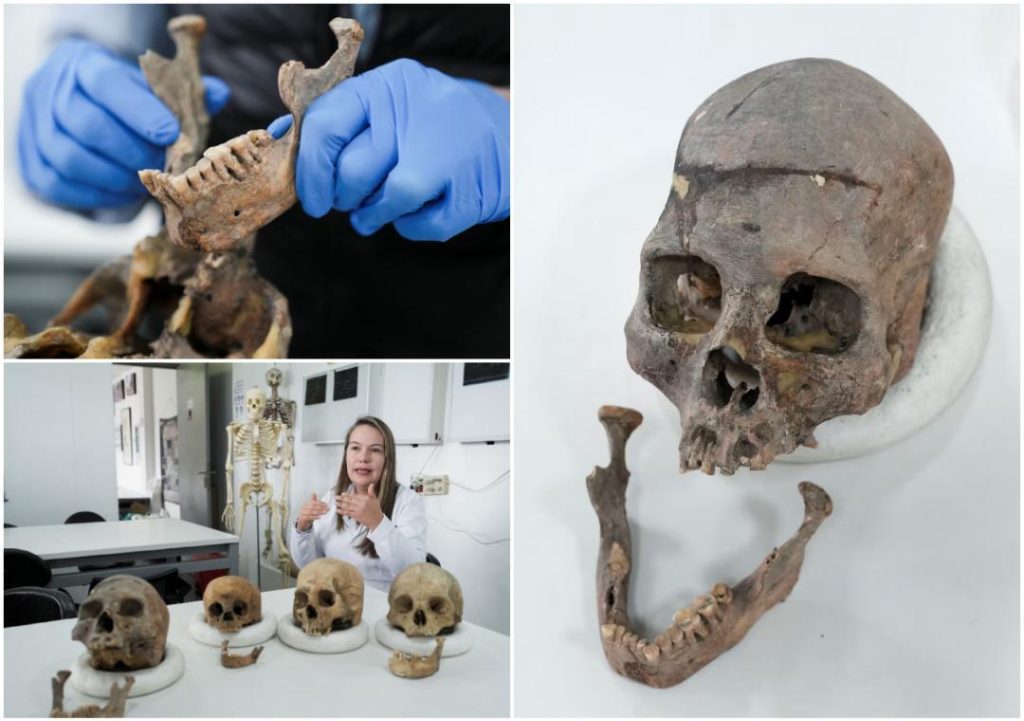
Scientists Discover Unknown Human Lineage from Ancient Remains
In a groundbreaking discovery, scientists in Colombia have uncovered a previously unknown human lineage after fully sequencing DNA from 6,000-year-old remains found near Bogotá in 1992. The remarkable find, named the Checua, has shed new light on the history of human migration and evolution. The discovery is a testament to the importance of preserving ancient DNA and the significant contributions that Colombian scientists have made to the field of genetics.
The Checua lineage is believed to have gone extinct around 6,000 years ago, and researchers are still unsure what led to their demise. Dr. Andrea Casas, a researcher involved in the study, suggests that climate change, disease, or lack of food may have contributed to the group’s disappearance. “It’s a mystery that we still need to unravel,” Dr. Casas said in an interview.
The discovery was made possible through the analysis of partial remains from around 30 individuals and one mostly intact skull found near the Colombian capital. The team used advanced DNA sequencing techniques to extract and analyze the genetic material from the ancient remains. The results revealed a previously unknown human lineage that is distinct from other known groups, including indigenous populations in the Americas.
The Checua lineage is thought to have originated in the Andean region of South America, where the indigenous population has a long and complex history. The discovery of the Checua raises important questions about the migration patterns and cultural exchange that occurred in the region thousands of years ago.
“This is a breakthrough discovery that challenges our current understanding of human migration and the peopling of the Americas,” said Dr. Casas. “The Checua lineage is a reminder that there is still much to be learned about the history of our species.”
The discovery has also sparked interest among archaeologists and anthropologists, who are eager to learn more about the culture and way of life of the Checua people. “This discovery has the potential to shed new light on the history of human migration and the development of complex societies,” said Dr. Maria Rodriguez, an archaeologist at the University of Bogotá.
The Checua discovery is the result of years of research and collaboration between scientists in Colombia and abroad. The team used advanced DNA sequencing techniques, including whole-genome sequencing and ancient DNA analysis, to extract and analyze the genetic material from the ancient remains.
The study has been published in the journal Nature and is available online. The research was funded by the Colombian government and several international organizations, including the National Geographic Society.
The discovery of the Checua lineage is a significant milestone in the field of genetics and has important implications for our understanding of human history. As researchers continue to uncover the secrets of the past, we may learn more about the Checua people and the events that led to their disappearance.
In conclusion, the discovery of the Checua lineage is a remarkable find that has shed new light on the history of human migration and evolution. The discovery is a testament to the importance of preserving ancient DNA and the significant contributions that Colombian scientists have made to the field of genetics.






